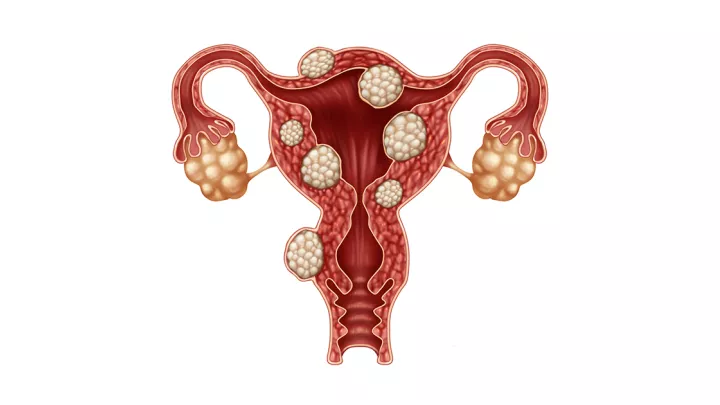Everything you need to know about colposcopy, if it hurts and why you need it

A colposcopy lets your doctor examine your cervix, vagina and vulva. It's usually done after an abnormal Pap test, which may indicate cervical dysplasia. Cervical dysplasia involves abnormal cells on the cervix that can lead to cervical cancer if untreated.
News that you need a colposcopy to examine precancerous cells can be scary and alarming. However, “it's important to remember that most people with cervical dysplasia don't get cancer, especially if they are diagnosed and treated early on," says gynecologic oncologist Ashley Greenwood, MD.
"The vast majority of cervical cancers have a well-defined natural history and grow slowly,” Dr. Greenwood says. “We understand how they progress, so we know when to do the appropriate screening and follow up to prevent them from becoming cancer."
The procedure
A colposcopy helps diagnose and prevent cancers of the cervix. During the procedure:
- A tool called a speculum is placed into your vagina to help your provider see your cervix.
- Vinegar and/or iodine solutions are placed on the cervix. These solutions interact with precancerous or cancerous cells to identify concerning areas.
- Your provider looks for lesions using an instrument called a colposcope. The colposcope is a specialized magnifying glass.
- If abnormal areas are identified, a tiny biopsy of the lesion is taken to confirm whether it is precancerous or cancerous. The procedure usually lasts under five minutes.
“The process of undergoing a colposcopy should not cause any discomfort beyond a routine speculum exam,” Dr. Greenwood says. “Most patients who need a biopsy do not report significant discomfort beyond cramping or occasional feelings of being lightheaded.”
If the cramping pain or discomfort is persistent, it can be relieved with over-the-counter medications like Tylenol or ibuprofen. Your providers may tell you to take one of those medications prior to your appointment.
“Many patients have pain and anxiety associated with pelvic exams and procedures,” Dr. Greenwood says. She recommends discussing any concerns about exam tolerance and pain with your provider before your appointment. “Some providers may perform a cervical block with local anesthesia or provide pre-procedure anti-anxiety meds if deemed appropriate. “
Not everyone who has an abnormal Pap test will be an automatic candidate for a colposcopy. Your provider will consider several factors, including:
- Your dysplasia history.
- Your most recent Pap test results.
- Your human papillomavirus (HPV) status.
HPV and cancer
In addition to getting regular Pap tests, one of most important steps you can take to prevent cervical cancer is getting the Gardasil® vaccine. Men and women can get Gardasil® starting at age 11 up to age 45. It is most effective, however, if received before the age of 26.
"The Gardasil® vaccine protects against high-risk strains of the HPV virus," Dr. Greenwood explains. “Populations with high uptake of the HPV vaccine have greatly decreased cervical cancer rates. It is one of the only vaccines we have that can actually prevent cancer."
Having HPV is nothing to be ashamed about. "The virus is like the common cold of the cervix," Dr. Greenwood says. "The CDC estimates that nearly all sexually active men and women will get HPV at some point in their lives."
Certain strains of the HPV virus can cause:
- Dysplasia.
- Cancer.
- Genital warts.
- Cancers of the head and neck, vulva, vagina, penis and anus.
HPV becomes more concerning as you get older, use tobacco products, or become immunosuppressed. This is because your body loses some of its ability to fight it off, increasing the risk that it could lead to cervical cancer.
Even if you get the Gardasil® vaccine, Dr. Greenwood recommends that you continue getting regular Pap tests. There is still a risk of getting HPV even with the vaccine or of having a rare type of non-HPV related cervical cancer.
"No one should get cervical cancer anymore," Dr. Greenwood says. "The rate of cervical cancer has decreased significantly in the U.S. That's largely due to more women getting regular Pap tests, as well as the introduction of the Gardasil® vaccine, which protects against high-risk strains of HPV. But we still have work to do. Cervical cancer still kills too many women, and it really shouldn't even exist."
Please call us at 800.922.0000 to schedule an appointment with one of our doctors to schedule a Pap test and physical.







